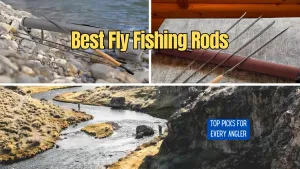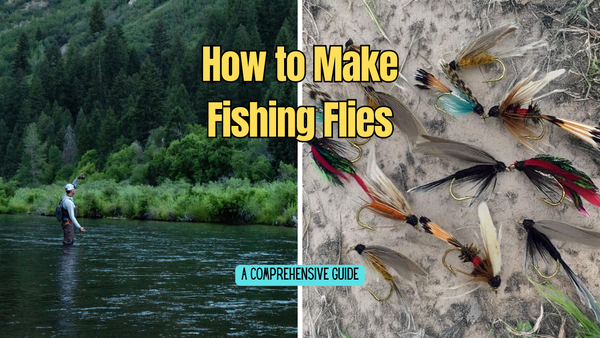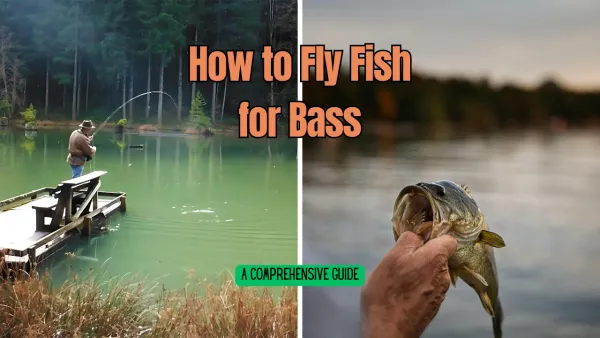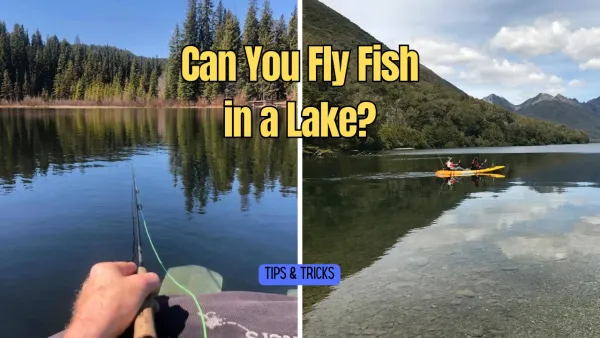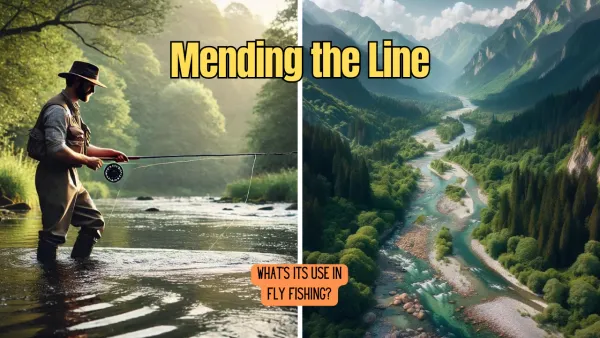Pop up tents have revolutionized the camping experience with their promise of convenience and ease. But amidst the excitement of an effortless setup, one question often lingers in the minds of campers: do pop up tents leak? This article delves into the details of pop up tents and their ability to withstand the elements, ensuring that your next camping trip remains dry and comfortable.
Key Takeaways:
- Understanding the waterproof capabilities of pop up tents.
- Tips for ensuring your pop up tent remains leak-free.
- Maintenance and care to prolong the life of your camping gear.
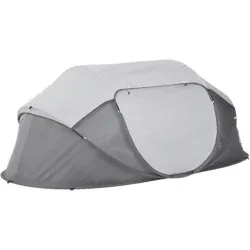
The Basics of Pop Up Tent Waterproofing
When it comes to pop up tents, manufacturers often tout their products as waterproof. However, the reality is that not all pop up tents are created equal. The waterproof capabilities of a tent are determined by the materials used, the quality of construction, and the design features that protect against rain. A good tent will have a high hydrostatic head rating, which measures the amount of water pressure it can withstand before leaking.
The Role of Seams and Sealants
The seams of a tent are potential weak points where water can seep through. Quality pop up tents come with sealed or taped seams to prevent leaks. It's essential to check the seams when purchasing a tent and to maintain them properly. Over time, seam sealants may wear off, so it's crucial to reapply them as part of your regular tent maintenance.
Instant Tents vs. Regular Tents: Waterproofing Compared
Instant tents, or pop up tents, are designed for quick and easy setup, often taking seconds to pitch. Unlike regular tents, which may require more time and detailed instructions, pop up tents are all about convenience. However, this convenience doesn't necessarily mean a compromise on waterproofing. Many instant tents come with the same waterproof features as regular tents, such as a durable rainfly and a robust groundsheet.
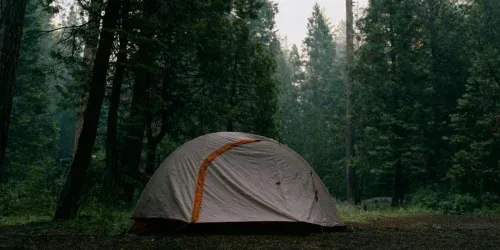
Selecting the Right Pop Up Tent for Wet Weather
When choosing a pop up tent, it's important to consider the conditions you'll be camping in. If you're planning a camping trip during the rainy season or in an area known for its wet weather, look for a waterproof tent with a high hydrostatic head rating. Additionally, check for features like a rainfly that extends over the door and windows, and a tub-style floor that rises several inches above the ground to protect against flooding.
The Importance of Tent Maintenance
Even the most waterproof tent can start to leak if it's not properly cared for. Regular cleaning and storage are key to maintaining the integrity of your camping gear. Always ensure your tent is dry before folding it back into its carry bag, as storing a wet tent can lead to mold and mildew, which can damage the waterproof coating.
How to Store Your Pop Up Tent
Proper storage is crucial for extending the life of your pop up tent. After each camping trip, clean the tent thoroughly and let it dry completely. Store it in a cool, dry place away from direct sunlight, which can degrade the fabric over time. A well-ventilated area will prevent any residual moisture from causing trouble, ensuring your tent is ready for your next adventure.
Setting Up Your Tent to Avoid Leaks
The way you pitch your pop up tent can also affect its ability to stay dry. Ensure that the tent is properly staked out and the guy lines are taut to prevent water from pooling on the roof. In strong winds, a poorly pitched tent is more susceptible to damage, which can lead to leaks. Take the time to secure your shelter properly, even if it's designed for easy setup.

Choosing the Right Campsite
Selecting an appropriate campsite is another factor in preventing your pop up tent from leaking. Avoid pitching your tent in low-lying areas where water can collect. Instead, look for higher ground with good drainage. Additionally, clear the site of sharp objects that could puncture the tent's fabric or groundsheet, and consider using a tarp underneath for extra protection.
Enhancing Waterproofing with a Tarp
For added peace of mind, many campers use a tarp over or under their pop up tent. A tarp can provide an extra layer of protection against rain, especially if the weather turns worse than expected. It can also protect the bottom of your tent from abrasions, extending its lifespan. When using a tarp, ensure it doesn't extend beyond the tent's footprint, as this can collect water and funnel it underneath your shelter.
Repairing Leaks in Pop Up Tents
If you find that your pop up tent has started to leak, don't worry—there are ways to fix it. Small holes or tears can be patched with a tent repair kit, which should be a staple in your camping gear. For seam leaks, reapplying seam sealant can do the trick. Always address repairs as soon as possible to prevent further damage.
The Impact of Tent Shape on Water Resistance
The shape of your pop up tent can influence how well it sheds water. Dome-style tents tend to be more resistant to rain, as their rounded shape allows water to run off more easily than on flat surfaces. When shopping for a new tent, consider the shape and how it might fare in wet conditions.
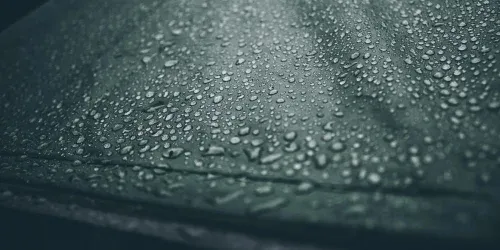
Ventilation and Its Role in Keeping Dry
Good ventilation is crucial in a tent, not just for comfort but also to reduce condensation, which can make the interior feel damp. Look for pop up tents with mesh windows or vents that allow air to circulate while keeping the rain out. Proper ventilation can make a significant difference in maintaining a dry interior, even during a downpour.
The Price-Quality Correlation in Pop Up Tents
As with most camping equipment, there is often a correlation between price and quality. Investing in a higher-priced pop up tent usually means better materials, construction, and waterproofing features. However, this doesn't mean you need to break the bank to stay dry. There are many affordable options that still offer reliable protection from the rain.
Customer Reviews: A Resource for Waterproofing Insights
Before making a purchase, read customer reviews to gauge the waterproof performance of different pop up tents. Reviews can provide real-world insights into how a tent holds up in various weather conditions. Pay attention to comments about leaks, as these can help you make an informed decision and choose a tent that has been tested and approved by fellow campers.
The Convenience of Pop Up Tents for Backpacking
Backpacking often requires lightweight and compact gear, and pop up tents can be a great option. Many are designed to be both lightweight and easy to carry, saving space in your backpack. While backpacking tents need to be especially weather-resistant, there are pop up models that don't compromise on waterproofing, providing the perfect balance of convenience and protection.
Accessories to Enhance Your Pop Up Tent's Waterproofing
There are various accessories available to help bolster your pop up tent's defense against the rain. From footprint tarps to additional rainflies, these accessories can provide extra layers of protection. It's worth considering these additions, especially if you frequently camp in wet conditions or simply want to ensure your tent is as waterproof as possible.
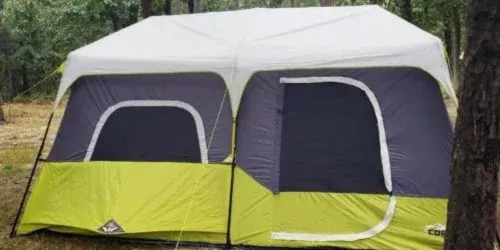
Summary
Pop up tents have become a staple in the camping community for their ease of use and convenience. However, the question of whether pop up tents leak is a valid concern for many campers. The answer largely depends on the quality of the tent, its design, and how well it is maintained. By selecting the right tent, caring for it properly, and taking additional precautions like using tarps and choosing the right campsite, campers can greatly reduce the risk of leaks. Remember to consider the tent's materials, construction, and customer reviews when making your purchase, and always follow the manufacturer's instructions for care and maintenance.
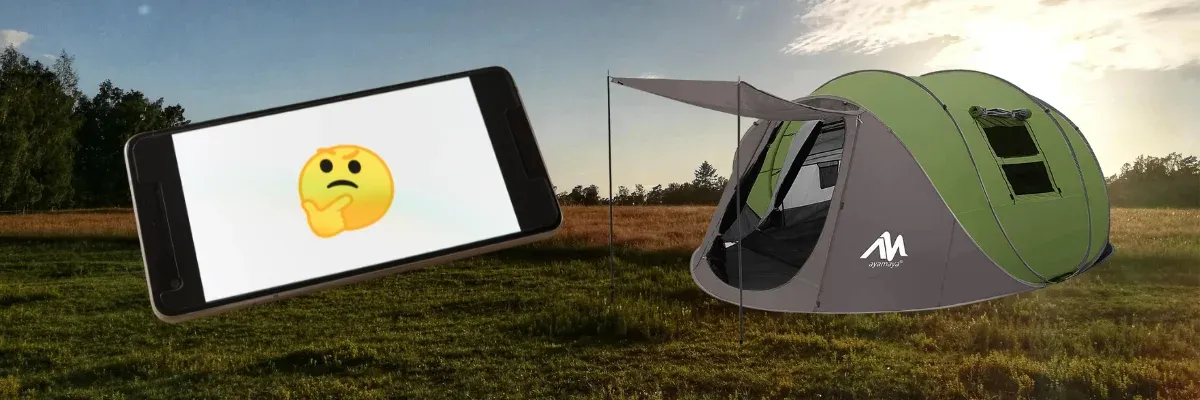
FAQs
Can I make my pop up tent more waterproof?
Yes, you can enhance the waterproofing of your pop up tent by applying a waterproofing spray, using seam sealant on the seams, and ensuring the rainfly is properly positioned. Additionally, using a tarp underneath or over the tent can provide extra protection.
How do I know if a pop up tent is waterproof?
Check the tent's specifications for a hydrostatic head rating, which indicates the level of water pressure it can withstand. Look for features like taped seams, a rainfly, and a tub-style floor. Reading customer reviews can also provide insights into the tent's waterproof capabilities.
What should I do if my pop up tent starts leaking during a camping trip?
If your tent starts leaking, try to identify the source of the leak. Small holes or tears can be temporarily patched with duct tape or a tent repair kit. For seam leaks, applying seam sealant can help. If the weather is severe, consider adding an external tarp for additional coverage.


